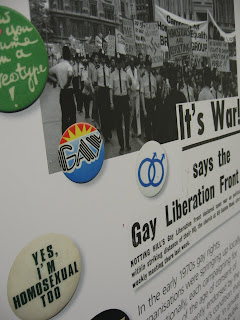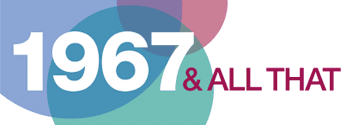The aftermath of the Act
Lord Arran’s speech rankled with the gay community. Though Arran himself believed his Bill would go on to save the lives of a million depressed and persecuted gay men, it was generally perceived that the Act had not gone far enough in improving conditions for gay people. 
In the early 1970s gay rights organisations were springing up locally and nationally, each campaigning for a lowering of the age of consent of 21 that had been recently endorsed by the Sexual Offences Act. The law’s condition that consenting sex had to take place "in private" ensured that prosecutions for sex in public places continued at a high rate, boosted by tactics of "pretty police" entrapment.
The Gay Liberation Front was formed in 1970. It organised protest action and awareness-raising campaigns against the various forms of discrimination continuing to affect gay men and women. The conservative Christian organisation, the Festival of Light, was the target of several protests. Street theatre, marches and demonstrations took place in London and other regions, making gay men and lesbians more visible than ever before. The photograph below shows the first Gay Pride march in London in 1972.
Male homosexual activity was finally decriminalised in Scotland in 1980, and in Northern Ireland in 1982. However, the age of consent for gay men did not achieve parity with that of heterosexuals until 2001, 34 years after the legislation was originally passed.
Last page: 6. Archives and sources for LGBT history

No comments:
Post a Comment